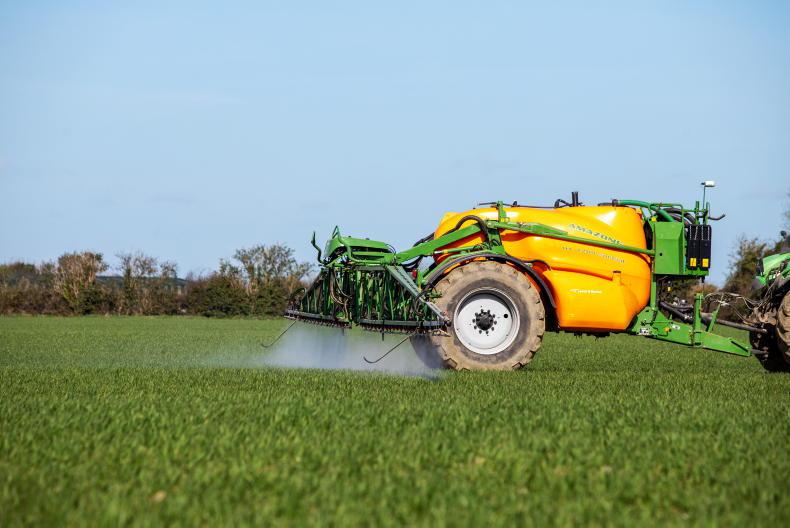Few will disagree but that 2021 was a memorable year in tillage. It provided good weather for growth and work, good yields across virtually all crops and good prices relative to what had been expected at the time of planting.
This week last year, we began the growing season with at a forward price of €214/t for dry wheat for November 2021 – it ended up closer to €250/t at harvest.
Now, November 2022 prices look closer to €330/t and it is barely enough to carry the cost increases. This is mainly from nitrogen and other fertilisers, but most costs will be up, especially fuel- and energy-related expenses.
The higher investment combined with fears of poor weather will add to stress-related challenges for the year ahead.
Winter crops got off to a great start with little in the way of winter damage and, hopefully, spring crops will follow suit.
Big canopies were produced in all crops and this should mean significant savings on nitrogen for winter oilseed rape.
Other fields may also benefit from slightly more residual nitrogen to help where application rates are being reduced.
We now know that support for tillage will be heavily impacted by the various policy measures in the new CAP.
We are vulnerable when we are not self-sufficient
We also see the need to offer incentives to increase crop production in 2022 for food and feed security reasons.
We are vulnerable when we are not self-sufficient and current fears have forced an acknowledgement that we import two-thirds of our feed ingredients. Over half of this is used in ruminant systems that claim to be grass-fed.
Will the war in Ukraine change EU policy and attitudes to agriculture? Our political masters continue to state that their Green Deal vision will produce a more sustainable agriculture.
While the objective has some merit, the ideal will quickly wilt if food production suffers.
Its energy policy is now in serious trouble, evidenced by the fact that it seeks to implement stringent sanctions against Russia while still being willing to purchase its gas and oil. This is the same double-sidedness that we have seen in the grain markets for years now – one set of standards for EU producers and a different set for products that are imported.
Changes
Proposed changes to the sustainable use of pesticides directive also herald significant potential discomfort for the crop-producing sectors.
We hear of a willingness to speed up registration of bio-based pesticides at the expense of synthetic actives. This is happening despite the fact that they have not yet been found satisfactory in open fields under God’s sky.
We see a slight change in attitudes towards gene editing as a potential solution but any potential benefits are still likely to be at least a decade away.






 This is a subscriber-only article
This is a subscriber-only article











SHARING OPTIONS: